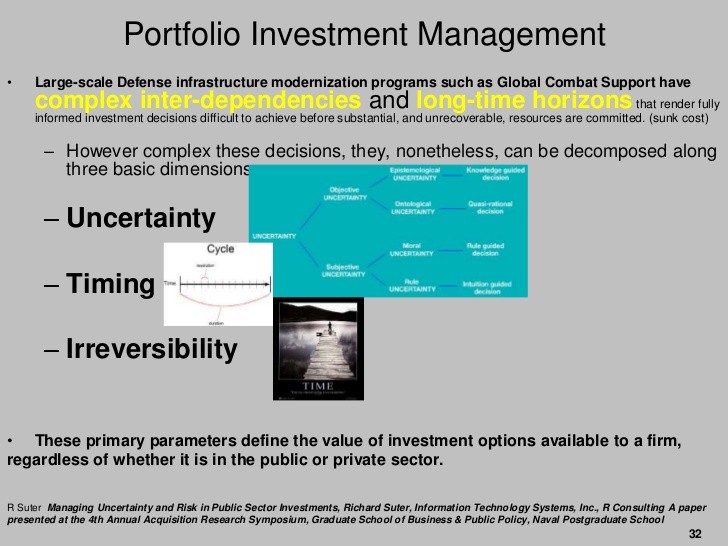What is the appropriate time horizon to use for investing prior to FIRE
Post on: 16 Март, 2015 No Comment

Author Topic: What is the appropriate time horizon to use for investing prior to FIRE? (Read 1283 times)
on: December 12, 2014, 10:34:08 AM
Please help me settle the following debate I'm currently having with myself.
Let's assume you have decided that $X is your FIRE number. You have thoroughly done your homework, and you are completely comfortable that you can safely retire with a stash equal to $X. Accordingly, when your stash hits $X, you will pull the trigger on FIRE.
Let's also assume you are pretty close to reaching FIRE. You've already got 75% of $X. You estimate that it will take another two years to save up the remaining 25% (ignoring returns on your investments).
Finally, let's assume that you are pretty young (maybe 30 years old) and your desired asset allocation upon retirement is 80% stocks or some percentage north of that.
Would it be a rational decision to invest your stash today as if your time horizon is only two years, rather than the rest of your life? (Meaning you would invest in relatively low-risk, low-return assets, just as if you were going to need to access all of those funds in two years—so something close to 100% cash or bonds.) After all, if you've already decided that, come hell or high water, you are going to commence retirement when your stash hits $X, and you are only two years away, then increasing your stock allocation now is really just a gamble to shorten the remaining time until retirement that comes with a fairly high risk of instead increasing your remaining time until retirement. The most you can save yourself is two years, but you also stand to lose time, potentially delaying retirement by even more than two years. So you might decide that it makes not to take the risk and put all your funds in cash until you hit $X, at which point you will promptly commence retirement and shift to an 80/20 stock/bond allocation.
Now, my answer to this argument is that it's the wrong way to think about this. The time horizon for your current investments is in fact not two years but the many decades that constitute the remainder of your life. And, by mentally rearranging things this way, you are increasing your exposure to sequence of returns risk (if the market goes up in the remaining two years to retirement, you've missed out on those gains; if the market goes down in the remaining two years, you've missed out on buying assets while they were on sale)—on the other hand, if we stick with our assumption that you are confident in your FIRE number, the sequence of returns risk issue shouldn't matter, because sequence of returns risk has already been accounted for in your determination that $X is a safe number to retire on.
Anyone have any thoughts on this?














